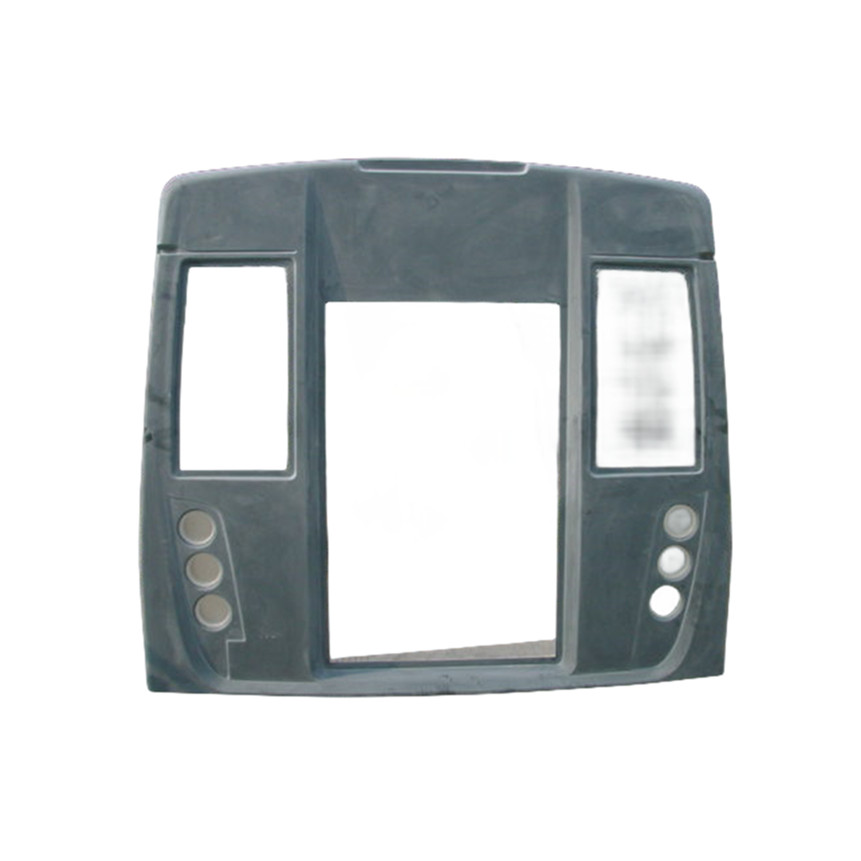FRP roof for agricultural machinery
Introduction to FRP Roofs for Agricultural Machinery
Fiber Reinforced Polymer (FRP) roofs are increasingly being adopted in the agricultural sector due to their unique properties and advantages. These roofs are made from a composite material that combines a polymer matrix with reinforcing fibers, typically glass or carbon. This innovative material offers a range of benefits that make it particularly suitable for agricultural machinery and structures.
Key Benefits of FRP Roofs
- Lightweight and Durable: FRP roofs are significantly lighter than traditional roofing materials, which reduces the overall weight of agricultural machinery. This lightweight nature does not compromise strength, as FRP is known for its high tensile strength and durability.
- Corrosion Resistance: Agricultural environments often expose machinery to harsh conditions, including moisture, chemicals, and UV radiation. FRP roofs are highly resistant to corrosion and degradation, ensuring a longer lifespan and reduced maintenance costs.
- Thermal Insulation: FRP materials provide excellent thermal insulation, helping to regulate temperatures within agricultural machinery. This can be particularly beneficial in protecting sensitive equipment and improving energy efficiency.
- Customizability: FRP roofs can be easily molded into various shapes and sizes, allowing for tailored solutions that meet specific agricultural needs. This flexibility makes them suitable for a wide range of machinery, from tractors to storage facilities.
- Eco-Friendly: Many FRP materials are recyclable, contributing to sustainable agricultural practices. Additionally, their longevity reduces the need for frequent replacements, minimizing waste.
- Aesthetic Appeal: FRP roofs can be produced in various colors and finishes, enhancing the visual appeal of agricultural machinery and structures.
Applications in Agriculture
FRP roofs are utilized in various agricultural applications, including:
- Machinery Covers: Protecting sensitive components from environmental damage.
- Storage Facilities: Providing durable roofing solutions for barns and equipment sheds.
- Greenhouses: Offering lightweight and UV-resistant options for greenhouse structures.
Conclusion
The integration of FRP roofs in agricultural machinery represents a significant advancement in material technology, providing numerous benefits that enhance performance, durability, and sustainability. As the agricultural sector continues to evolve, the adoption of innovative materials like FRP will play a crucial role in improving efficiency and resilience in farming operations.
✧ Product Drawing
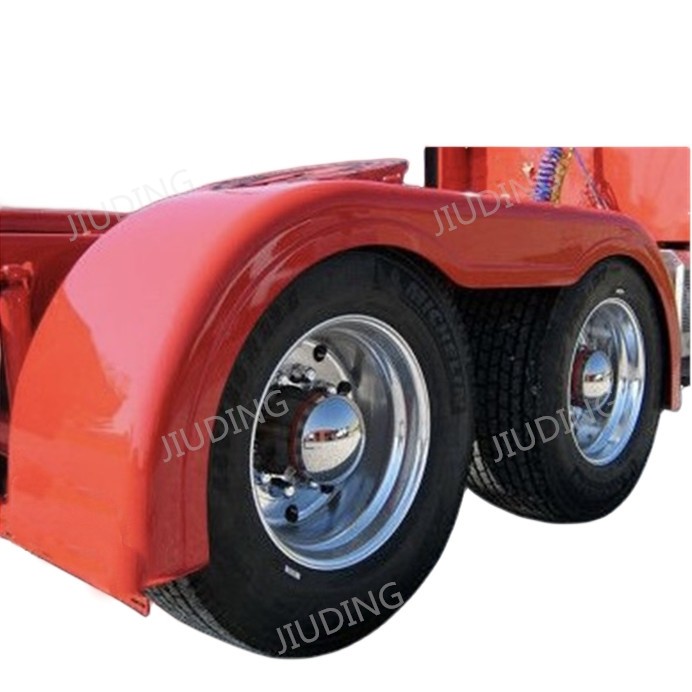
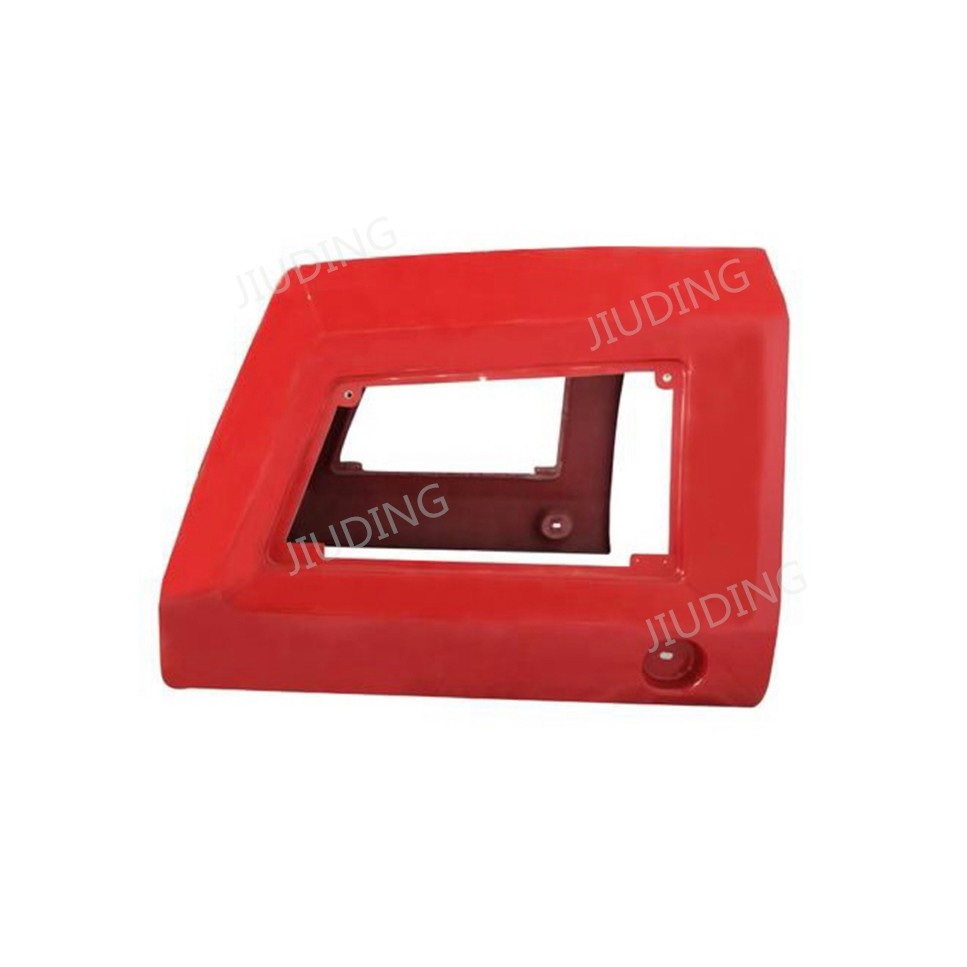
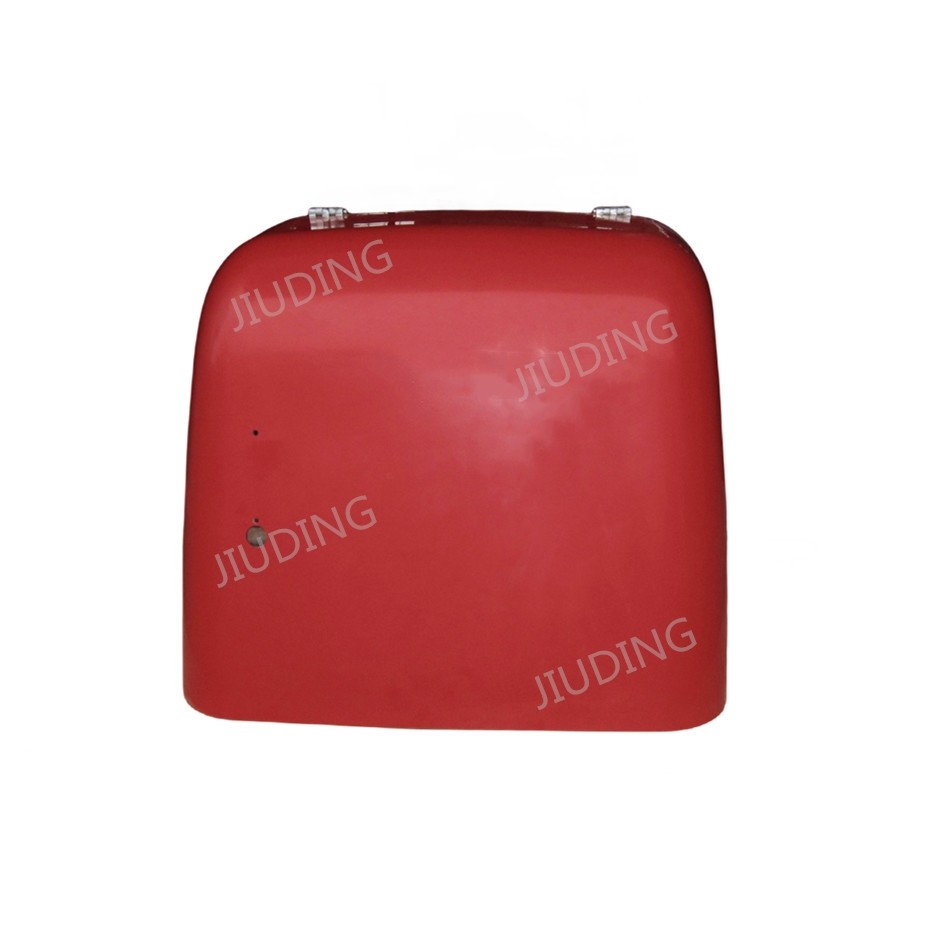
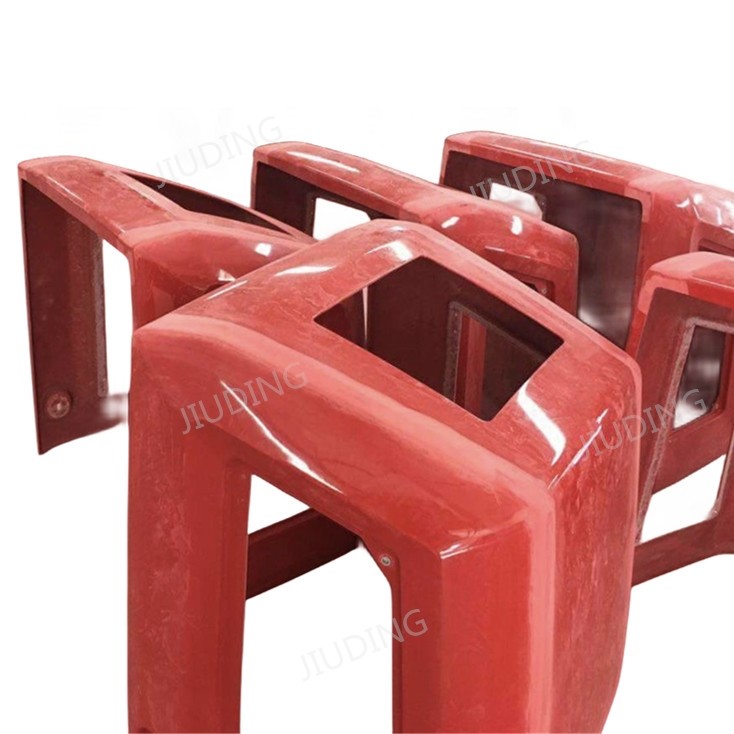
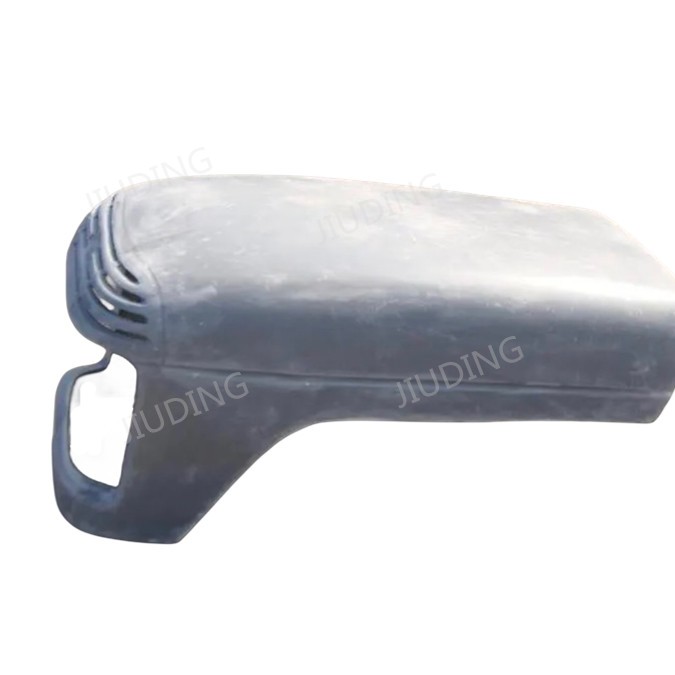
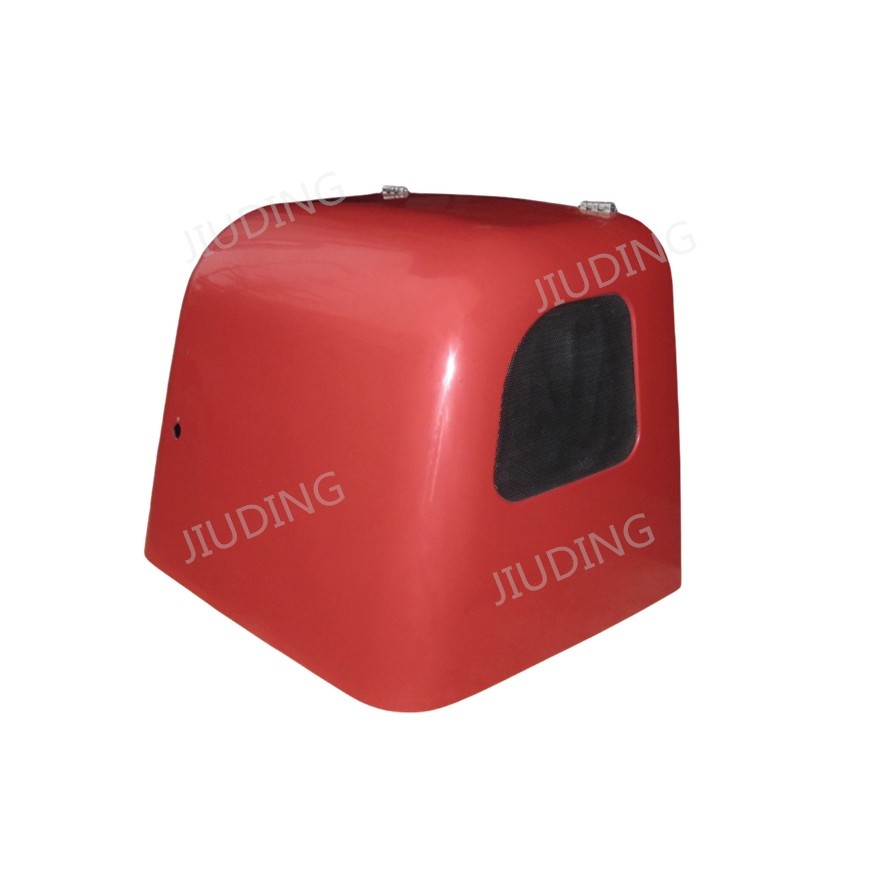
✧ Features
FRP products in the field of agricultural machinery has the advantages of corrosion resistance, high strength, low density, good insulation properties, wear resistance and weather resistance, which can meet the needs of agricultural machinery in harsh environments and improve the performance and life of machinery.








